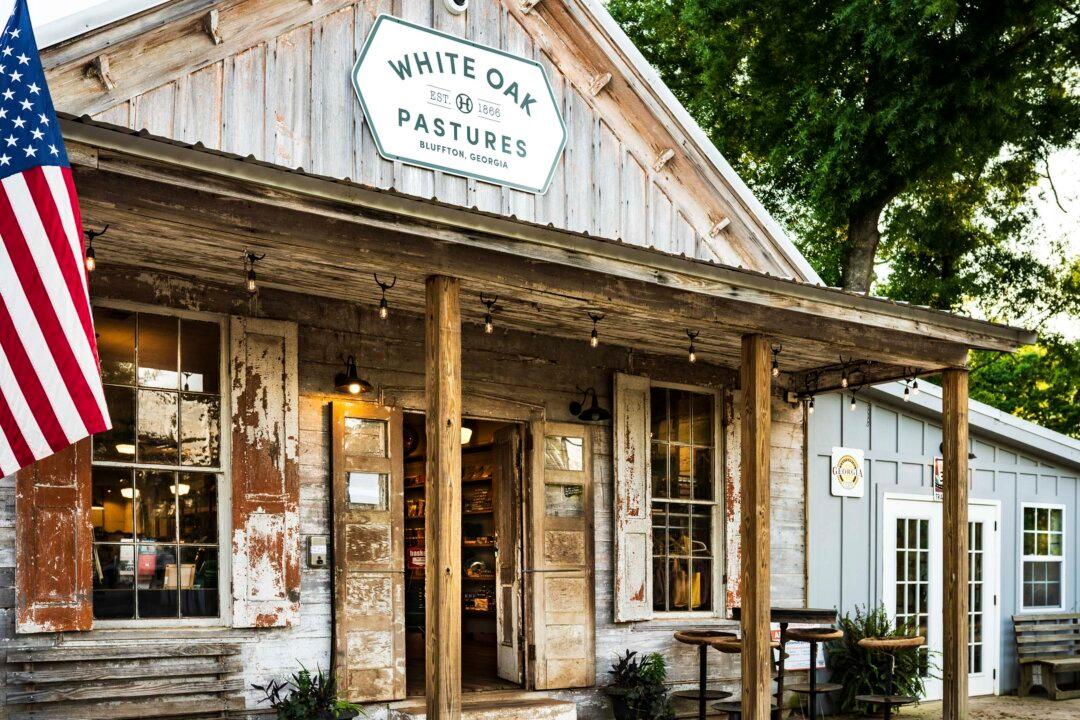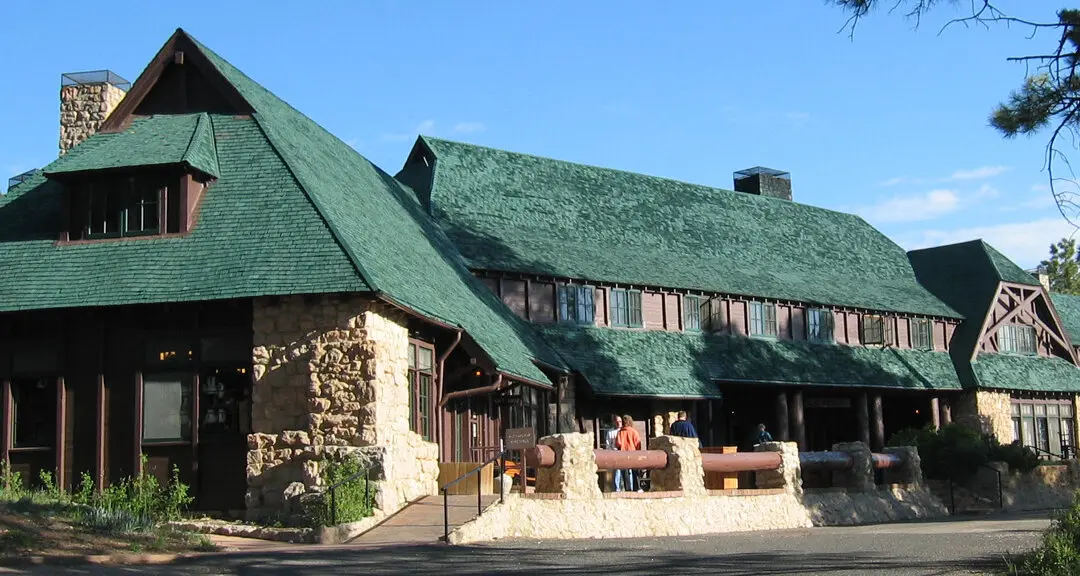“Waste not; want not”—the proverbial saying describes a mentality responsible for the explosive growth and popularity of White Oak Pastures in Bluffton, Georgia. Established in 1866 (just one year after the Civil War ended), White Oak remains with its founding family, the Harrises, and the current generations agree that the farm’s longevity is due to focusing not just on profits, but on the land, animals, and employees.
Jenni Harris, of the fifth generation of Harrises, handles marketing for White Oak Pastures. Growing up, she swore that she’d never permanently resided in rural Bluffton—where the town population lingers at 100 while the county (Clay) boasts around 3,000. She had an opportunity to work in Atlanta, but she moved back to Bluffton in 2010 after a stint in the big city because “what was happening at the farm was much more interesting than what was happening in the city,” she said.





